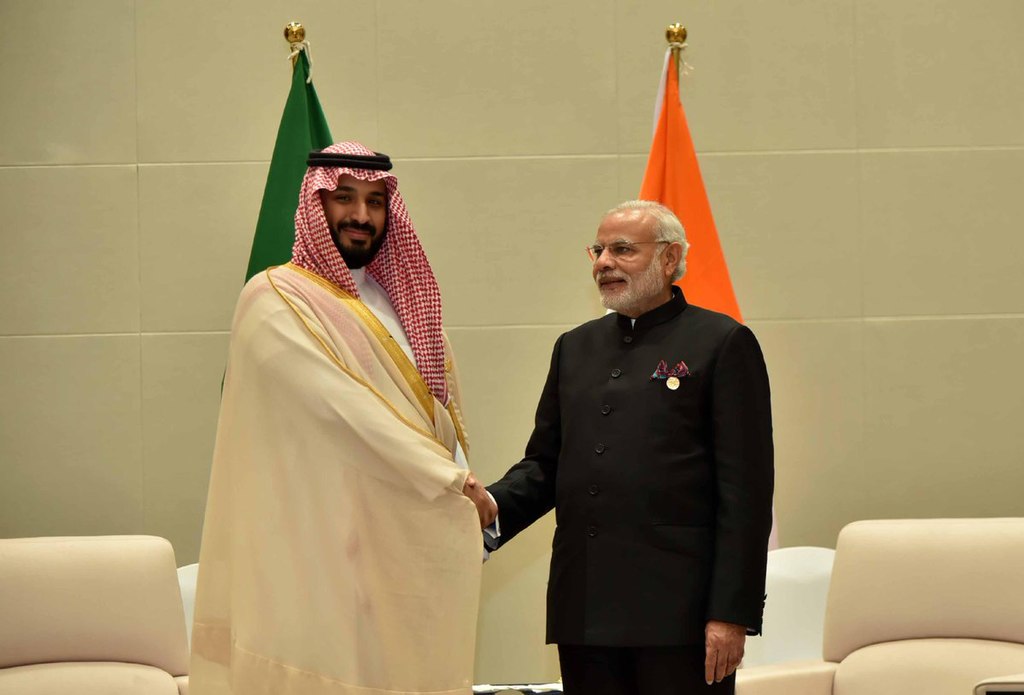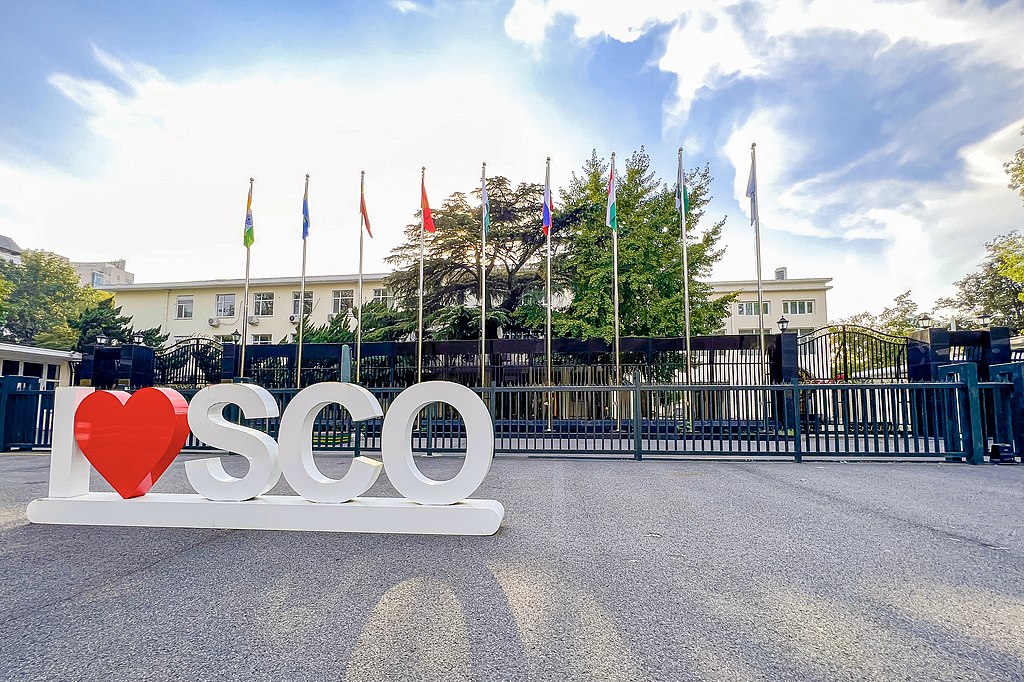
Monastery Valley in Armenia
“Armenia will refrain from joining the CSTO Collective Security Council resolution of November 23, 2023 on the CSTO budget for 2024 and from participating in financing the organization’s activity envisaged by this resolution. However, it will not object to adopting this resolution in a curtailed format.”
Armenia recently announced it will no longer pay its dues to the Collective Security Treaty Organizations (CSTO), a Moscow-led security organization comprised of countries from Central Asia and the South Caucasus. According to the first excerpted piece from the Russian state news agency, TASS, Armenian Prime Minister Nikol Pashinyan told his countrymen that they can no longer rely on the CSTO and he had no answer to how Yerevan benefits from being a member. The move comes as relations between Yerevan and Moscow have cooled, particularly after a series of clashes over the disputed Nagorno Karabakh region, , last September with neighboring Azerbaijan resulted in the mass expulsion of the enclave’s Armenian population.
Pashinyan, who did not attend the CSTO’s last summit in Minsk in 2023, had hinted that Armenia plans to suspend its participation in the security bloc. Critics of the CSTO claim it is a tool for Moscow to wield military power over former Soviet-bloc countries. The last time CSTO forces were called in to preserve the peace came in January 2022, when roughly 2,500 CSTO peacekeepers – the bulk of them Russian – responded to anti-government rioting in Kazakhstan. But Pashinyan has criticized the alliance for not supporting Armenia during its various clashes with Azerbaijan,accusing Russian peacekeepers of abandoning their positions when Azerbaijani troops crossed into Nagorno-Karabakh.[i] According to the second excerpted article from Armenian TV and radio service Azatutyun, the Russian Foreign Ministry said that Armenia is free to withdraw from the organization.[ii] If Armenia does leave the CSTO, the move could signal a major realignment of the regional balance of power in the Caucasus, as Russia, preoccupied by the war in Ukraine, looks to keep a military presence in the region. Armenia recently held joint drills with the United States, has sent humanitarian aid to Ukraine, and has expressed interest in one day joining the European Union. If the CSTO were to lose Armenia or other members, it could weaken Russia’s military leverage in the South Caucasus. Alternatively, it could make other regional security blocs like the Shanghai Cooperation Organization, which also comprises China, more relevant and powerful.
Sources:
Source: “Armenia to refrain from financing CSTO activity in 2024,” (“Армения воздержится от финансирования деятельности ОДКБ в 2024 году,” TASS (Russian state news agency), 8 May 2024. https://tass.com/world/1785765
Armenian Prime Minister Nikol Pashinyan said earlier that his country cannot rely on the CSTO and he cannot answer Armenian society’s question why the country should be its member. In recent time, Yerevan has skipped numerous meeting in a range of integration formats. Thus, Pashinyan did not attend the CSTO summit in Minsk in 2023 and announced that Armenia had suspended its participation in this organization.
CSTO Secretary General Imangali Tasmagambetov told TASS on April 22 that it was a matter of “an independent and sovereign country” to decide whether to take part in the upcoming CSTO summit or not. However, he said that he hoped that many might change for the better before the summit.
Source: “Armenia Free To Leave Russian-Led Bloc, Says Moscow,” (Армения свободна выйти из возглавляемого Россией блока, заявила Москва), Azatutyun (Armenian TV and Radio service affiliated with U.S. funded RFE/RL) 3 May 2024. https://www.azatutyun.am/a/32932373.html#
“We still do not question the sovereign right of our Armenian partners to independently determine their foreign policy course, including in the context of the further work of the organization,” the ministry spokeswoman, Maria Zakharova told a news briefing in Moscow.
“Let me remind you that Article 19 of the [CSTO} Charter establishes the possibility of leaving the alliance,” Zakharova said. “In that case, a member state … must send an official notification no later than six months before the withdrawal date.”
The Armenian government, she said, has taken no steps in that direction so far despite its “constantly circulated accusations against the organization.” This means that Armenia remains for now a full-fledged member of the Russian-led military alliance and must “must fulfill appropriate obligations,” added Zakharova. She did not specify those obligations.Over the past year or so, Yerevan has boycotted high-level meetings, military exercises and other activities of the CSTO in what Pashinian described in February as an effective suspension of Armenia’s CSTO membership. The premier repeatedly said afterwards that he could pull his country out of the alliance of six ex-Soviet states altogether.
Notes:
[i] “Armenian PM Attacks Russian-Led Alliance At Summit In Yerevan,” RFE/RL, 24 November 2022. https://www.rferl.org/a/armenia-csto-pashinian-criticism/32145663.html
[ii] During a recent visit with Russian President Vladimir Putin, Pashinyan struck an agreement for Russian border guards to withdraw from along the Armenia-Azerbaijani border. See: Gabriel Gavin, “Russia to withdraw troops from Armenia’s border,” Politico.eu, 9 May 2024. https://www.politico.eu/article/russia-to-withdraw-troops-from-armenias-border/
Image Information:
Image: Monastery Valley in Armenia
Source: Unsplash, https://unsplash.com/photos/aerial-photo-of-a-village-during-daytime-VQ07UveM3-U
Attribution: Free to use under the Unsplash License


